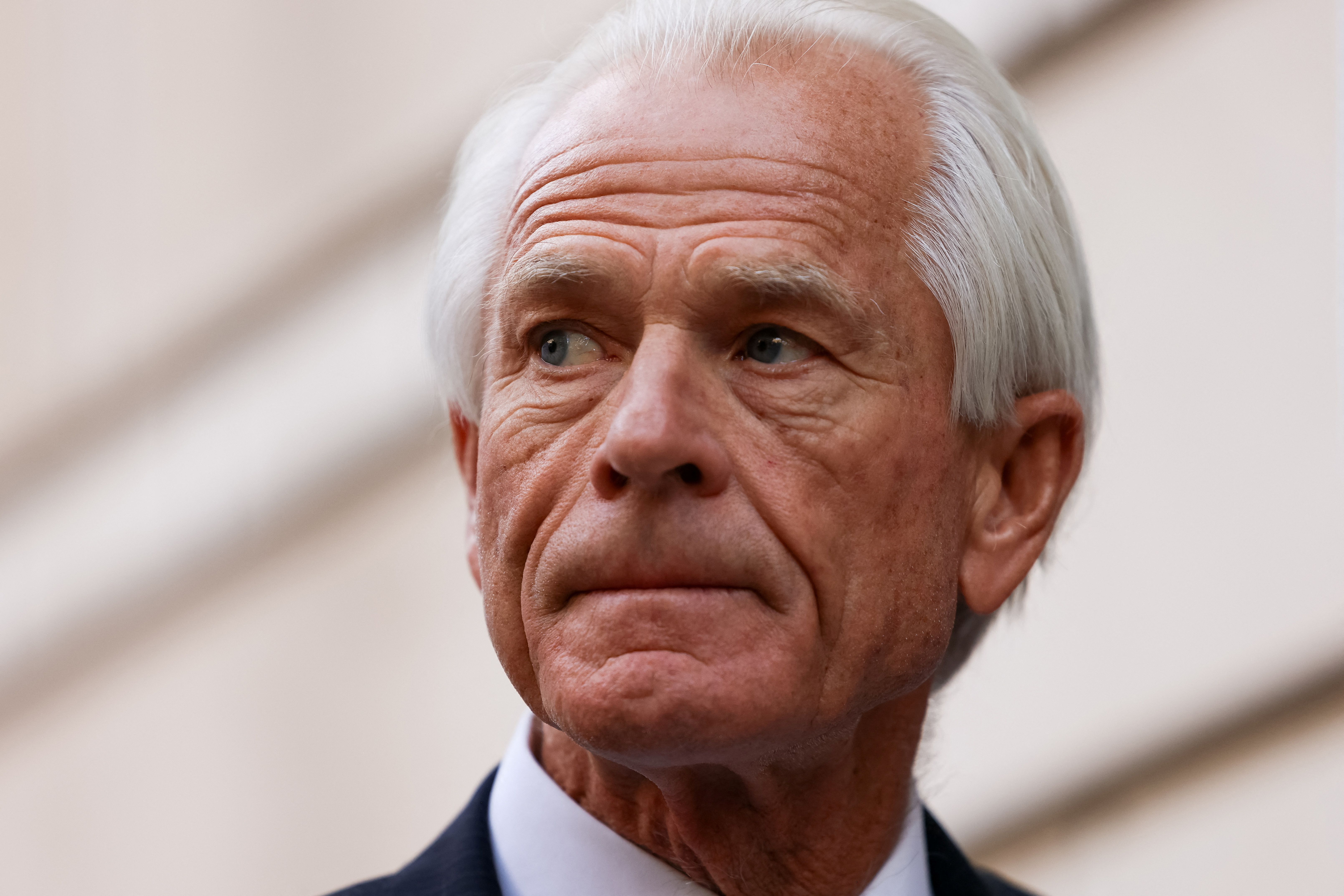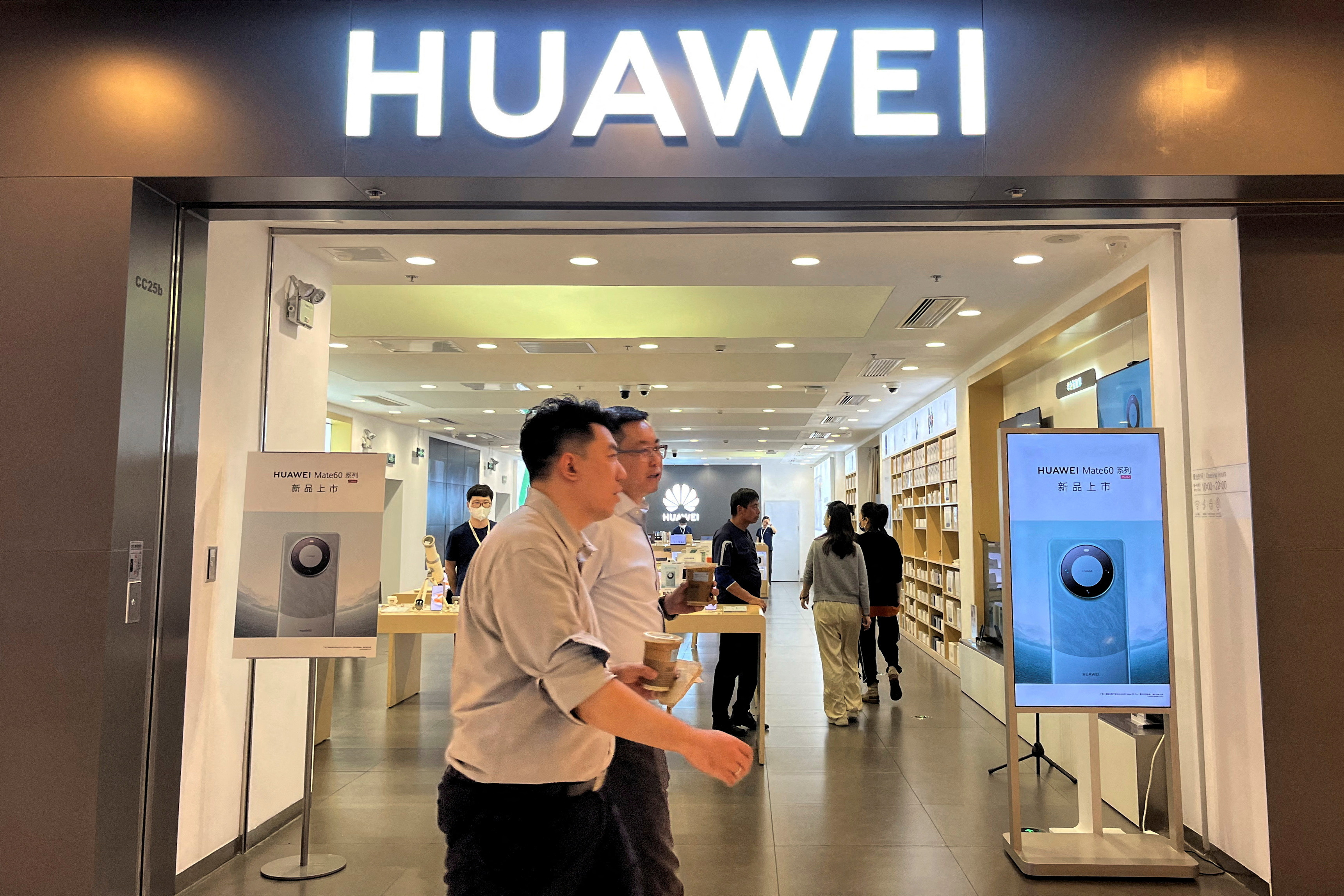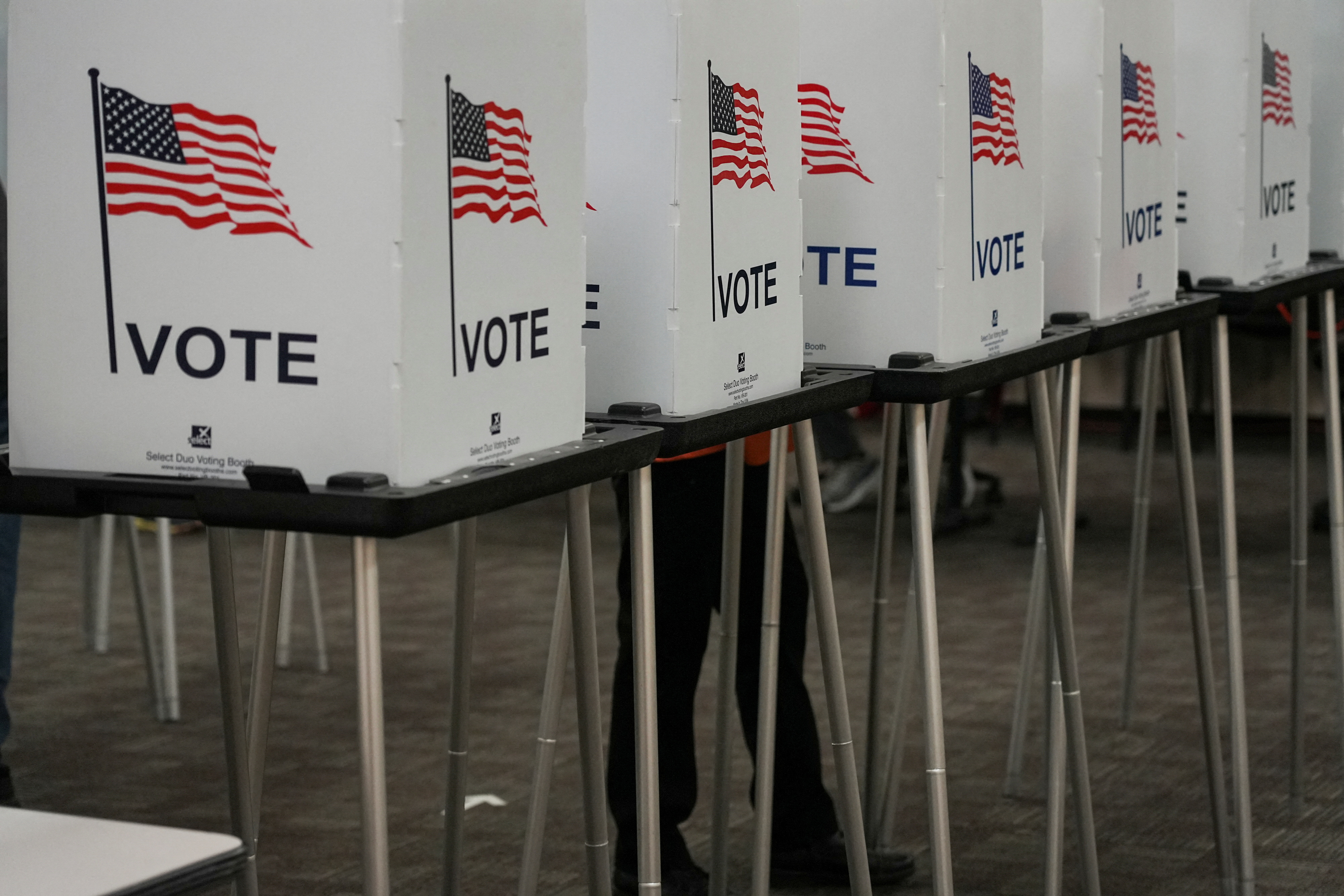Planned Parenthood seeks to overturn US whistleblower fraud law

A view outside the Planned Parenthood in Columbus, Ohio, U.S., November 12, 2021. REUTERS/Gaelen Morse/File Photo Acquire Licensing Rights
Sept 6 (Reuters) - Planned Parenthood is challenging a decades-old law allowing whistleblowers to bring fraud lawsuits on behalf of the government, in a bid to defeat a $1.8 billion lawsuit by an anonymous anti-abortion activist and the state of Texas seeking to recover money they claim the organization illegally took from Medicaid.
In a filing in Amarillo, Texas, federal court on Friday, Planned Parenthood argued that the so-called "qui tam" provision of the federal False Claims Act (FCA) lets private citizens take on the role of government officials enforcing the law, violating the U.S. Constitution's requirement that such officials be appointed by the president and confirmed by the Senate.
When a whistleblower, known as a relator, sues under the FCA, the U.S. government has a choice of whether or not to intervene. If the case is successful, the relator is awarded a share of the recovery.
"In fact, FCA relators are not 'appointed' to their positions by anyone other than themselves," Planned Parenthood said, arguing that the case must be thrown out.
In Friday's filing, Planned Parenthood cited a dissent by U.S. Supreme Court Justice Clarence Thomas and partial concurrences from Justices Brett Kavanaugh and Amy Coney Barrett in a separate FCA-related case decided in June, in which the three conservative justices suggested that the court should evaluate whether the whistleblower provision is constitutional.
A spokesperson for the U.S. Department of Justice declined to comment. A lawyer for the whistleblower could not immediately be reached.
The lawsuit was brought in 2021 by an anonymous plaintiff, identifying himself as the person who in 2015 released undercover video footage purporting to show Planned Parenthood staff discussing the sale of fetal tissue. Those videos led Texas and Louisiana to announce they were terminating Planned Parenthood from their Medicaid programs, but Planned Parenthood won court orders delaying the terminations for several years.
The whistleblower claims that Planned Parenthood defrauded the state Medicaid programs by continuing to bill them during that period, and by not refunding them after the terminations became final in 2021 and 2022.
The case included claims under the FCA and similar Louisiana and Texas laws. Only Texas has intervened in the lawsuit, and Planned Parenthood has said the amount of back bills, plus legal penalties, sought by the state would amount to $1.8 billion if it wins.
Planned Parenthood denies the claims, saying the states agreed to pay and never asked for refunds.
U.S. District Judge Matthew Kacsmaryk, who is overseeing the case, will likely uphold the precedent of the 5th U.S. Circuit Court of Appeals that the FCA's whistleblower provision is constitutional. However, Planned Parenthood could try to persuade the 5th Circuit to reverse itself on appeal, or ultimately bring the issue to the Supreme Court.
The offices of the states' attorneys general did not immediately respond to requests for comment.
If Planned Parenthood's argument about the FCA succeeds, it could have a dramatic impact on federal fraud enforcement under the law, most of which is in the healthcare sector.
Whistleblower cases resulted in nearly $50.4 billion in recoveries under the FCA from 1987 through 2022, according to Justice Department data, compared with just under $22.2 billion from FCA cases that the government brought without whistleblowers.
At least one other defendant, orthopedic implant maker Exactech, has put forth a similar argument since the Supreme Court dissents.
The case is United States ex rel Doe v. Planned Parenthood Federation of America Inc, U.S. District Court for the Northern District of Texas, No. 2:21-cv-00022.
For the whistleblower: Heather Hacker of Hacker Stephens
For Texas: Assistant Attorney General Amy Hilton
For Planned Parenthood: Tirzah Lollar of Arnold & Porter Kaye Scholer
Read more:
Supreme Court dissent sparks new threat for False Claims Act suits
Texas seeks to bolster $1.8 billion fraud claim against Planned Parenthood
U.S. Supreme Court allows Justice Department to toss whistleblower cases
Reporting By Brendan Pierson in New York
Our Standards: The Thomson Reuters Trust Principles.







